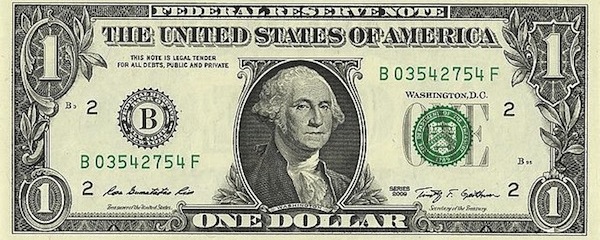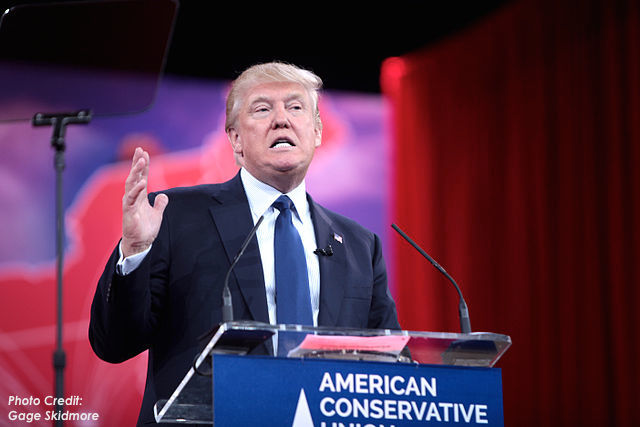But in 2015, Clinton is attacking Bernie Sanders for insufficient gun control support. Let’s track the intense flip-flopping, solely meant to destroy rival Democratic nomination candidates, both times.
Now (Washington Post, July 9, 2015):
“I’m going to speak out against the uncontrollable use of guns in our country because I believe we can do better,” Clinton said Tuesday in Iowa City.
A few days earlier, she said in Hanover, N.H.: “We have to take on the gun lobby. . . . This is a controversial issue. I am well aware of that. But I think it is the height of irresponsibility not to talk about it.”
[…]
Gun control is one of the few issues on which Clinton has a more left-leaning record than Sanders, who represents a rural, pro-gun-rights state and has voted in the past for legislation to protect the firearms industry. Although Clinton has not attacked Sanders by name, by invoking guns she makes an unspoken contrast.
[…]
Despite his mixed voting record, Sanders did support the 2013 background-check bill and assault-weapons ban. And on the stump, he is trying to sound more forceful. He notes that “guns in Chicago and Los Angeles mean a very different thing than guns in Vermont and New Hampshire” but says — as he did two weeks ago in Bow, N.H. — that the next president must “come forward with a common-sense proposal on guns.”
In the Democratic field, former Maryland governor Martin O’Malley has the strongest record in favor of gun control. He supported an assault-weapons ban as mayor of Baltimore in the early 2000s and then signed one into law as governor in 2013, along with a suite of gun restrictions that stand as among the nation’s toughest.
[…]
Howard Wolfson, for many years a top Clinton aide before going to work for Bloomberg, said Clinton’s avoidance of guns in 2008 should not be mistaken for a lack of interest in gun control.
Then:
In Indiana, “Clinton mailing attacks Obama on guns” – Ben Smith for Politico – May 4, 2008
Hillary Clinton has re-opened her sharp attack on Barack Obama’s position on guns, with a mailer in Indiana that seeks to raise questions about him with both supporters and opponents of gun rights.
The mailing — perhaps the sharpest-edged of Clinton’s five negative mail pieces in Indiana — casts him as a typical politician, saying different things to different audiences. It also revives his damaging comments in San Francisco that small town people cling to guns.
[…]
The piece is particularly striking coming from Clinton, who has been seen for most of her career as a firm advocate of gun control, but more recently has emerged — without dramatically shifting her stance on specific issues — as a defender of the Second Amendment who fondly recalled being taught to shoot by her grandfather in Scranton.
So which is it?
Is she now the candidate who “told people” in conservative states she “was for the 2nd Amendment, in order to get their votes” as her 2008 mailer alleged of Sen. Obama?












